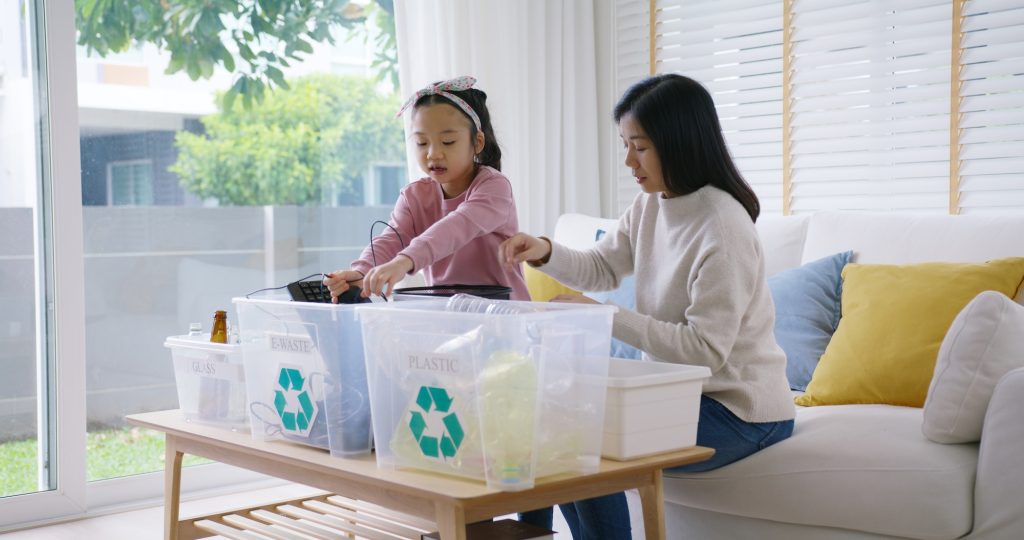Bangkok and Google collaborate to transform e-waste into educational tools
With a vision to extend the lifespan of still-functional yet outdated devices by up to a decade, the project intends to supply approximately 130,000 refurbished units to schools over three years.

The Bangkok Metropolitan Administration (BMA) has collaborated with Google to repurpose electronic waste into learning tools for 437 city schools in Thailand. The country’s annual generation of over 400,000 discarded electronic devices contributes significantly to the e-waste problem.
This project aims to refurbish still-functional yet outdated computers with Google’s OS Flex, extending their lifespans by up to a decade and distributing 130,000 to schools over three years.
Research results from local schools and universities demonstrate improved learning outcomes by integrating Google’s educational software. The partnership addresses the need for practical tools in modern education and aims to eliminate technological disparities in Thailand by providing equitable access. In addition, over 300,000 teachers have been trained to use advanced educational software powered by AI technology.
Both partners highlight that the collaboration repurposes e-waste and promotes inclusivity and technological proficiency in society.
Why does it matter?
E-waste is a growing global problem. Repurposing electronic devices for educational tools can potentially address environmental concerns while enhancing educational access, technology skills, and inclusivity. However, to ensure the long-term sustainability of e-waste reduction, both Google and BMA should consider a plan for when these devices become obsolete again and address the issue of excessive electronic consumption.
